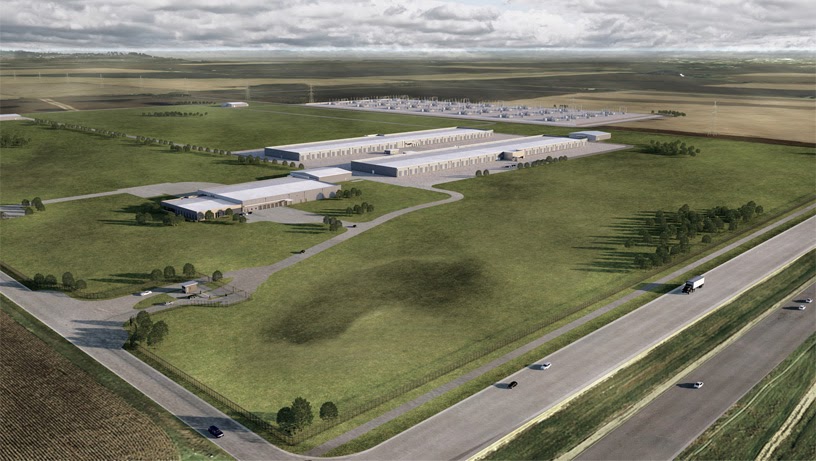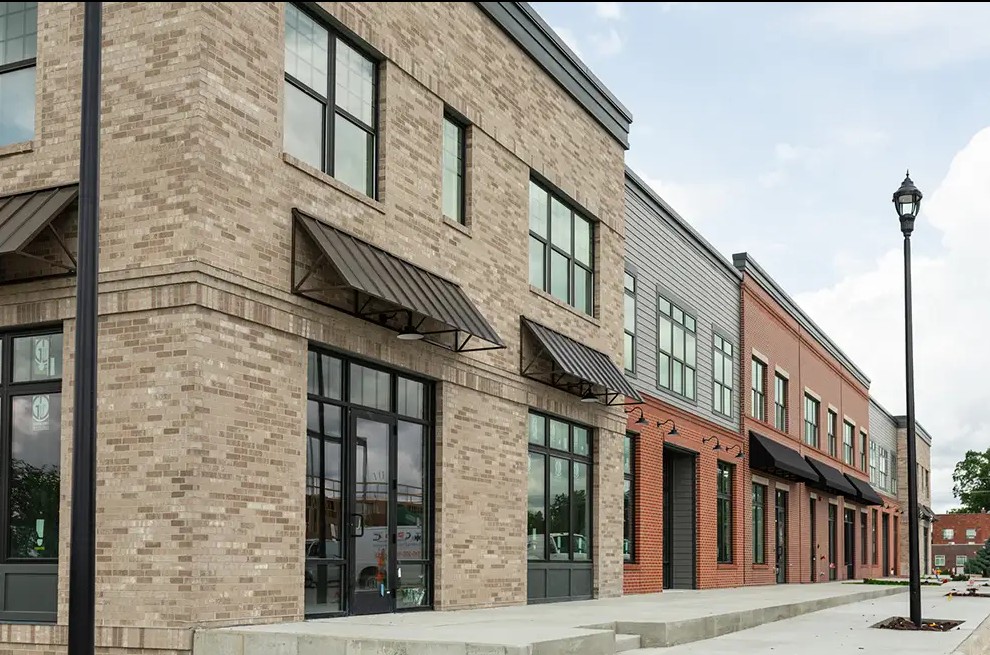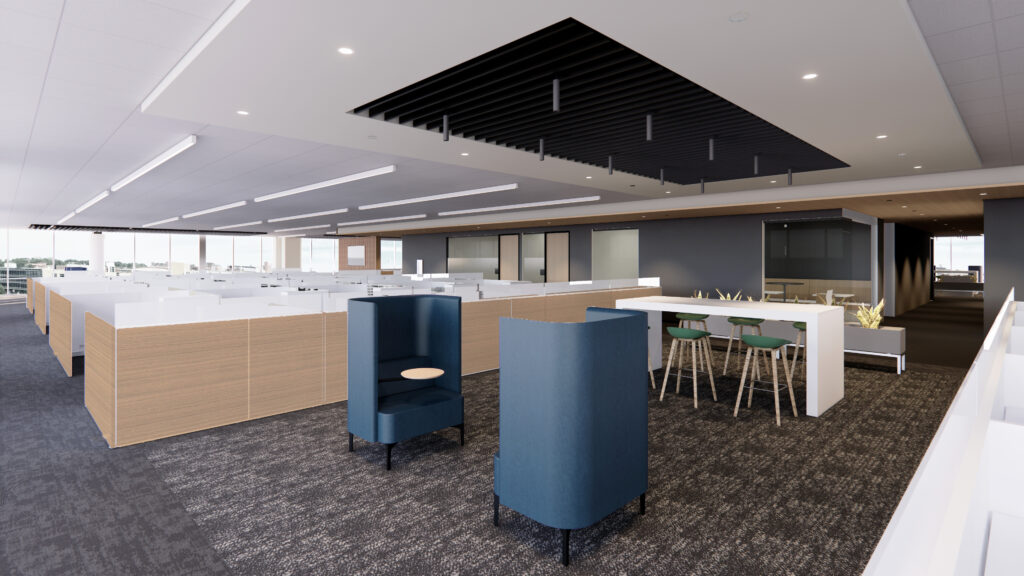June in bloom

Notable transactions have folks in the commercial real estate business feeling pretty darn good lately.
Sure, they lost out when the Iowa Legislature and Gov. Terry Branstad failed to reach on an agreement on a way to lower commercial property taxes, but business is moving at a pretty brisk pace.
Denny Elwell Co. President and CEO Chris Murray leads a company that is involved in projects ranging from manufacturing to retail, and he said optimism is blossoming in the industry.
He attended a commercial real estate gathering a couple of weeks ago in Las Vegas and liked the vibe.
“It probably was the most optimistic show I’ve been at in the last four years,” Murray said. “Businesses are looking at Iowa.”Right now, I’m feeling really optimistic.”
Then, without prompting, he said: “The commercial real estate bill would have helped us.” As good as business has been, it could have been better had lawmakers found a way to lower a tax bill that is based on 100 percent of assessed value, unlike residential and agricultural property in the state.
“People are wanting to come to Iowa, but there are roadblocks, and property taxes is one of them,” Murray said.
Still, his company recently bought the former Bob Brown Chevrolet dealership location on Merle Hay Road and is tossing around several development plans. And the company is busy in Ankeny, West Des Moines and elsewhere in Polk County, to name a few locations.
There are other signs of an improving commercial real estate sector.
Steve Niebuhr, senior vice president at Hubbell Realty Co., pointed out that the company’s sale of the Venbury Square shopping center in Altoona was to a private investor who bought a center that is 100 percent leased.
“It’s good to see those people back in the market,” he said.
In addition, retail, long a drag on the commercial real estate market, appears to be picking up, with national chains checking out neighborhood shopping areas, Niebuhr said.
Downtown, vacant offices are being converted to apartments or transformed into temporary office spaces, including executive suites and conference rooms, for start-ups and other companies needing temporary digs.










